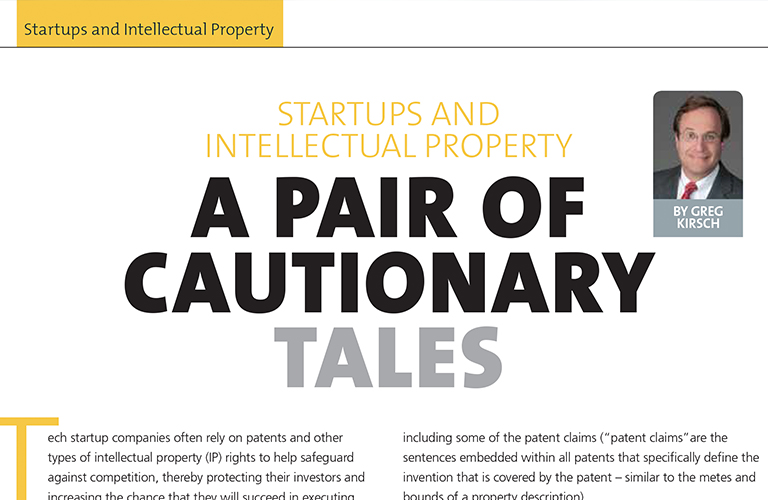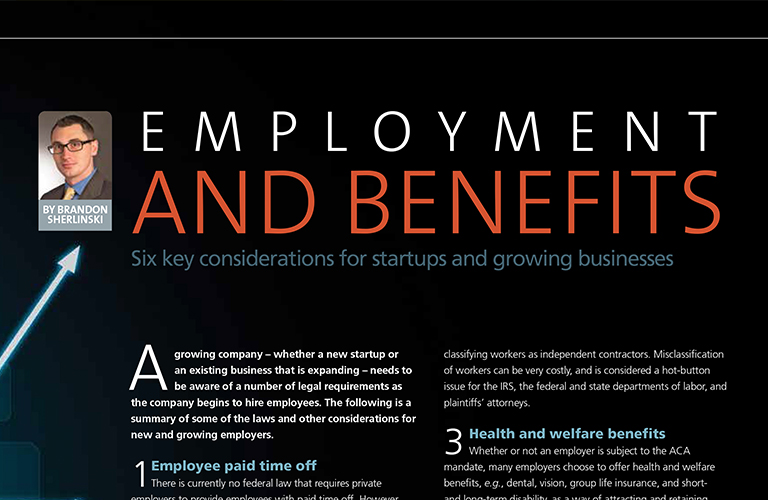» View the PDF What is the Japan Practice? SGR’s Japan Practice is primarily tasked with providing legal services to: Japanese entities investing into the U.S. market; U.S. entities investing into the Japanese or other Asian markets; and Japanese enterprises already in the U.S. market. We represent enterprises in a wide variety of industries, including automotive, chemicals, facilities/infrastructure, apparel, food processing, construction, logistics and warehousing, insurance, IT ventures, and others. The Practice provides services in countless areas of the law, such as general corporate (entity formation, general compliance, etc.), discrete transactions (various agreements, real estate transactions, IP registration and prosecutions), day-to-day HR and corporate strategy matters, dispute… Read more
TTL Articles
Timber Practice
» View the PDF Who owns the forest? In the last 35 years, owners of private timberlands in the U.S. have evolved from individuals, families and industrial ownership into a diverse group of ownership entities that include families, institutional investors, real estate investment trusts (REITs) and conservation organizations. The biggest change has been the decline of industrial timberland ownership and the rise of institutional timberland ownership. Why would a REIT own a forest? Timberlands emerged as an attractive investment option for institutional investors in the early 1980s due to the passage of the Employee Retirement Income Security Act (ERISA) which, among its many measures, pushed private pension funds… Read more
Public-Private Partnerships
» View the PDF What is a public-private partnership? The term “public-private partnership,” or “P3,” is commonly misunderstood and can mean different things to different people. P3 is a method for the procurement of public infrastructure (e.g., roads, courthouses, mass transit, public university buildings, airport rental car facilities, among others) using the resources of the private sector. On a typical infrastructure project – for instance, a high-speed rail line connecting two cities – the government selects an engineering firm to design the project, then raises funds for the new train through the issuance of bonds. Next, the government entity awards a contract for construction of the… Read more
Tax Practice
» View the PDF Is it true that because of the new tax law I should run my business in a corporation rather than a pass-through entity? The new U.S. tax act reduces the federal corporate income tax rate from 35% to 21%. For pass-through entities, the federal income tax rate will vary from 41% to 30%. At first glance, it would seem more efficient to operate a business in a corporation rather than a pass-through entity. However, even though it has a lower tax rate, a corporation may not be appropriate if the net cash flow of the business is distributed out to… Read more
Universities and Intellectual Property Law
» View the PDF Who owns an invention developed at a university? Universities are in a unique position when it comes to patents. Professors, researchers, and students generate a great number of inventive concepts through research for which patents can be pursued. However, given the collaborative nature of research, there are ownership issues. Most graduate students and researchers are required to transfer ownership to the university for inventions that result from their research and studies. On the other hand, undergraduates, absent some other agreement, are normally allowed to retain ownership of inventions they develop while in school. Ownership issues can vary tremendously when it comes to professors…. Read more
Portrait of a President – Roger Maldonado, SGR Partner and NYC Bar President
» View the PDF If you are a hippie, a flower child or just a fan of ‘60s music, you may recall these lyrics: “Only in America / Can a kid without a cent / Get a break and maybe grow up to be President.”* Well, that did indeed happen to Roger Maldonado, SGR New York litigation partner, who became President of the New York City Bar Association in May. Roger comes from a family with a history of serving and protecting America. His father and grandfather were both in the U.S. Army, and he was born on a military base in Puerto Rico. At one time,… Read more
How Am I Going to Pay for This? A Startup and Growth Capital Primer for Issuers and Investors

One of the most pressing questions on every would-be entrepreneur’s mind is how to fund their business venture. Like it or not, it’s hard to make money if you don’t have any. Fortunately, as investor interest in startup businesses has grown over the past several decades, so too have the financing options available to those businesses. This article provides an overview of the common financing structures available to issuers and investors of growth capital at various stages of an emerging business’s life cycle. The seed stage The first stage of financing a startup business is typically referred to as the… Read more
The Invest Georgia Exemption: How Intrastate Offerings Can Help Start and Grow Georgia’s Businesses
What is it? The Invest Georgia Exemption (IGE) is a tool that allows Georgia businesses to raise capital by offering their securities solely to in-state investors. This relatively new law provides an avenue for Georgia-based companies to “go public” without having to go through the costly and time-consuming reporting procedures for going public on national exchanges. However, there are some limitations with the IGE – most notably, that investors can only be Georgia residents and that the amount that can be raised is capped. What is an intrastate offering? The federal Securities Act of 1933 imposed strict registration requirements for… Read more
Startups and Intellectual Property: A Pair of Cautionary Tales

Tech startup companies often rely on patents and other types of intellectual property (IP) rights to help safeguard against competition, thereby protecting their investors and increasing the chance that they will succeed in executing on their business models. However, in many cases, there are fundamental misunderstandings among the individuals and companies who invest in startups as to how best to use IP rights. Either the wrong attributes of the startup’s products and services are protected, or IP is forgotten as a critical asset altogether. There is no better way to learn how best to protect and exploit IP than by… Read more
Employment and Benefits: Six Key Considerations for Startups and Growing Businesses

A growing company – whether a new startup or an existing business that is expanding – needs to be aware of a number of legal requirements as the company begins to hire employees. The following is a summary of some of the laws and other considerations for new and growing employers. Employee paid time off There is currently no federal law that requires private employers to provide employees with paid time off. However, many states, cities, and counties have enacted laws requiring employers to provide employees with paid time off or paid sick time. For example, Massachusetts currently requires most… Read more

